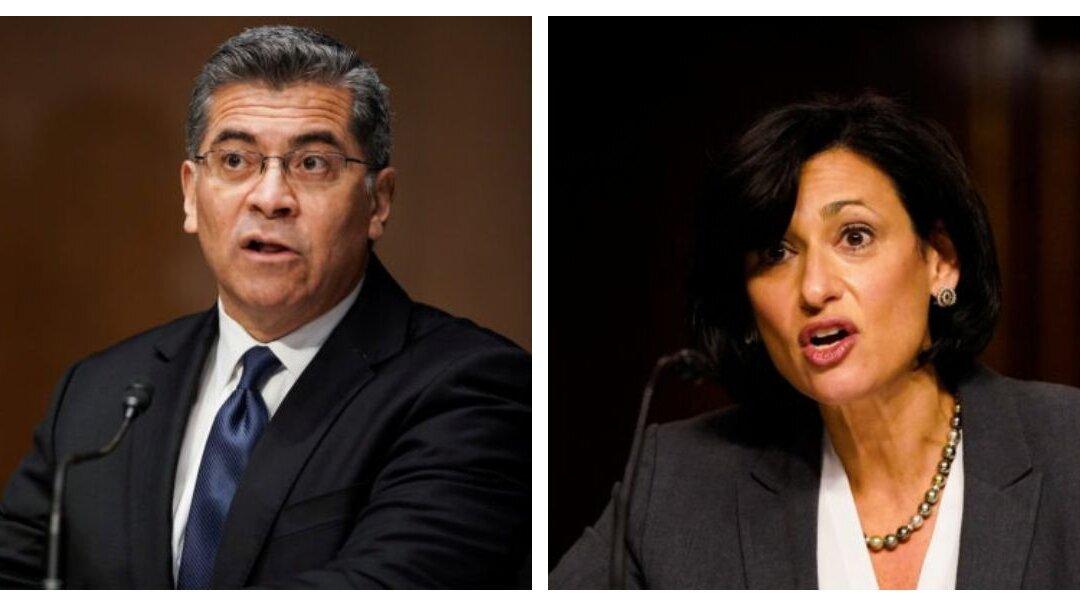The Biden administration declared a public health emergency for monkeypox on Aug. 4 in a bid to unlock funding and more powers to deal with the virus, which officials say is primarily spreading among homosexual males.
Health and Human Services Secretary Xavier Becerra issued the declaration, saying in an Aug. 4 conference call with reporters that the move will allow for quicker distribution of the monkeypox vaccine. Becerra was joined by Centers for Disease Control and Prevention (CDC) Director Dr. Rochelle Walensky and Food and Drug Administration Commissioner Robert Califf on the call.





